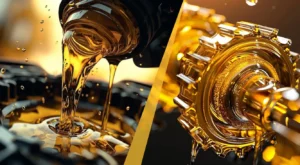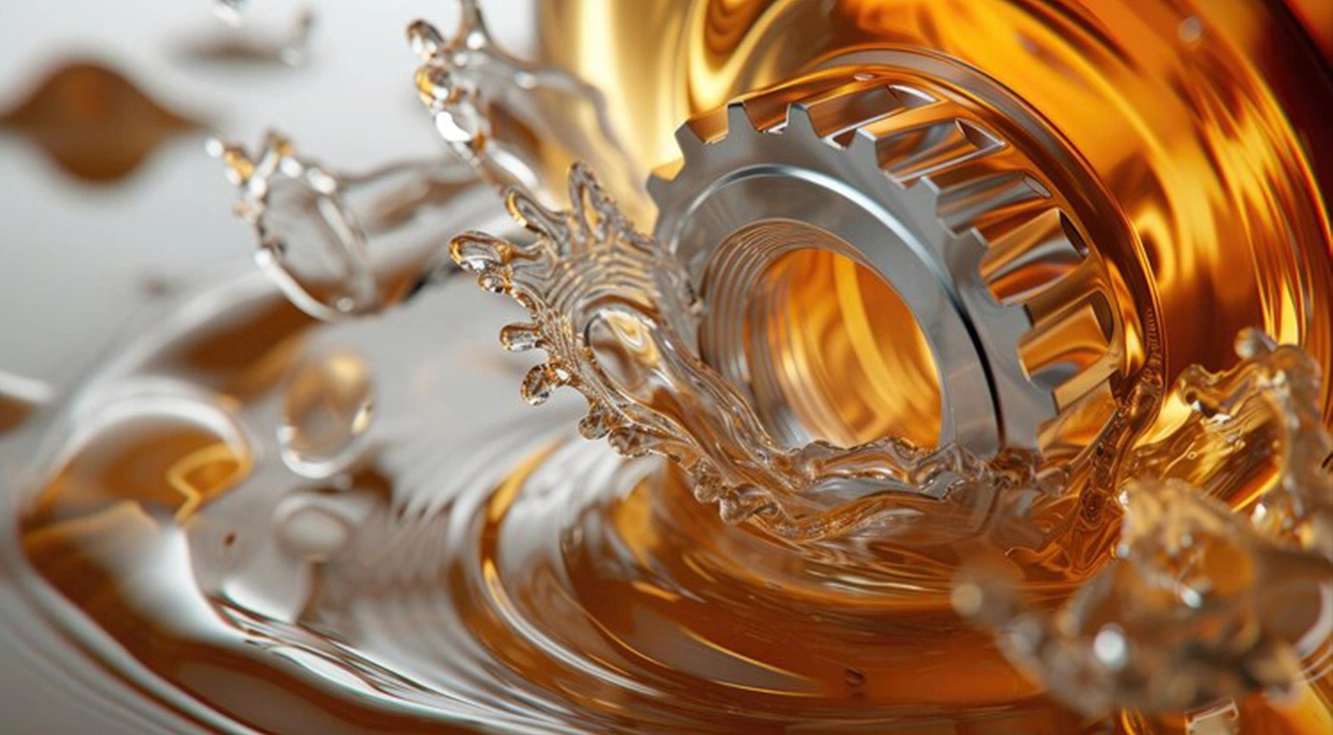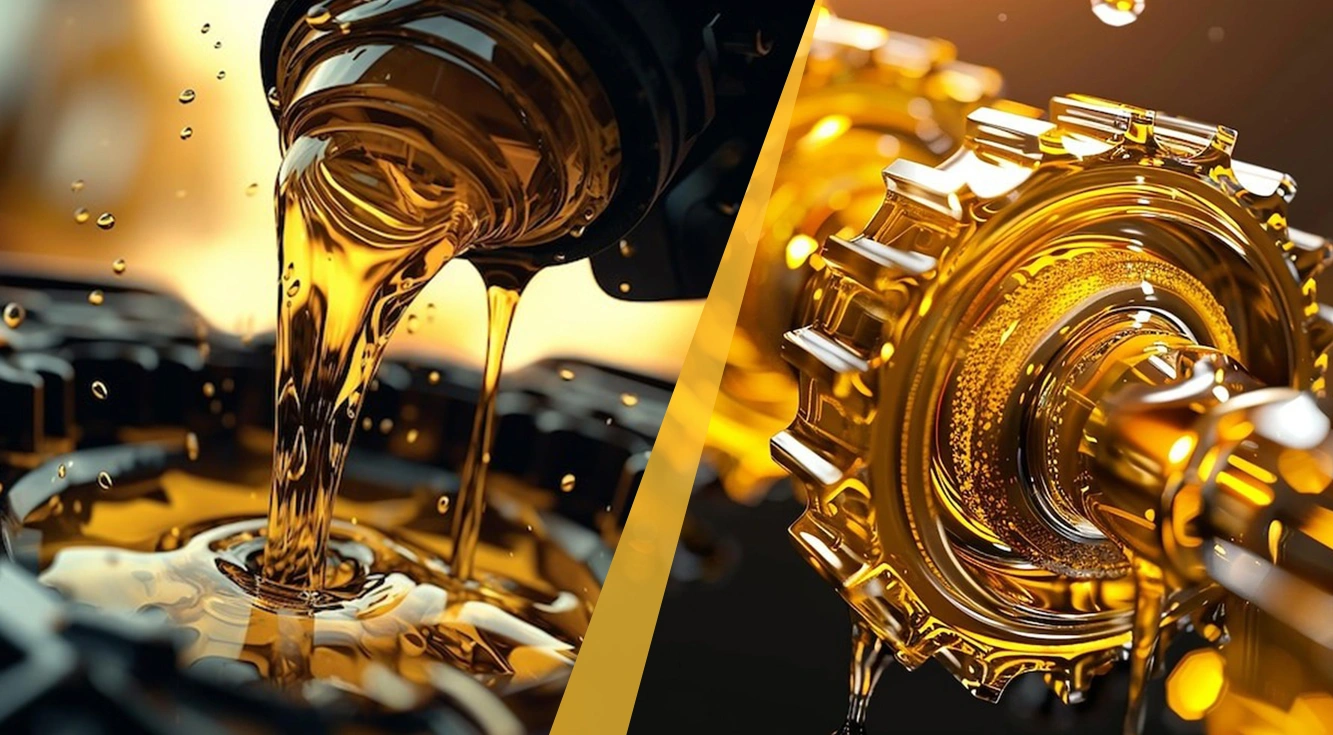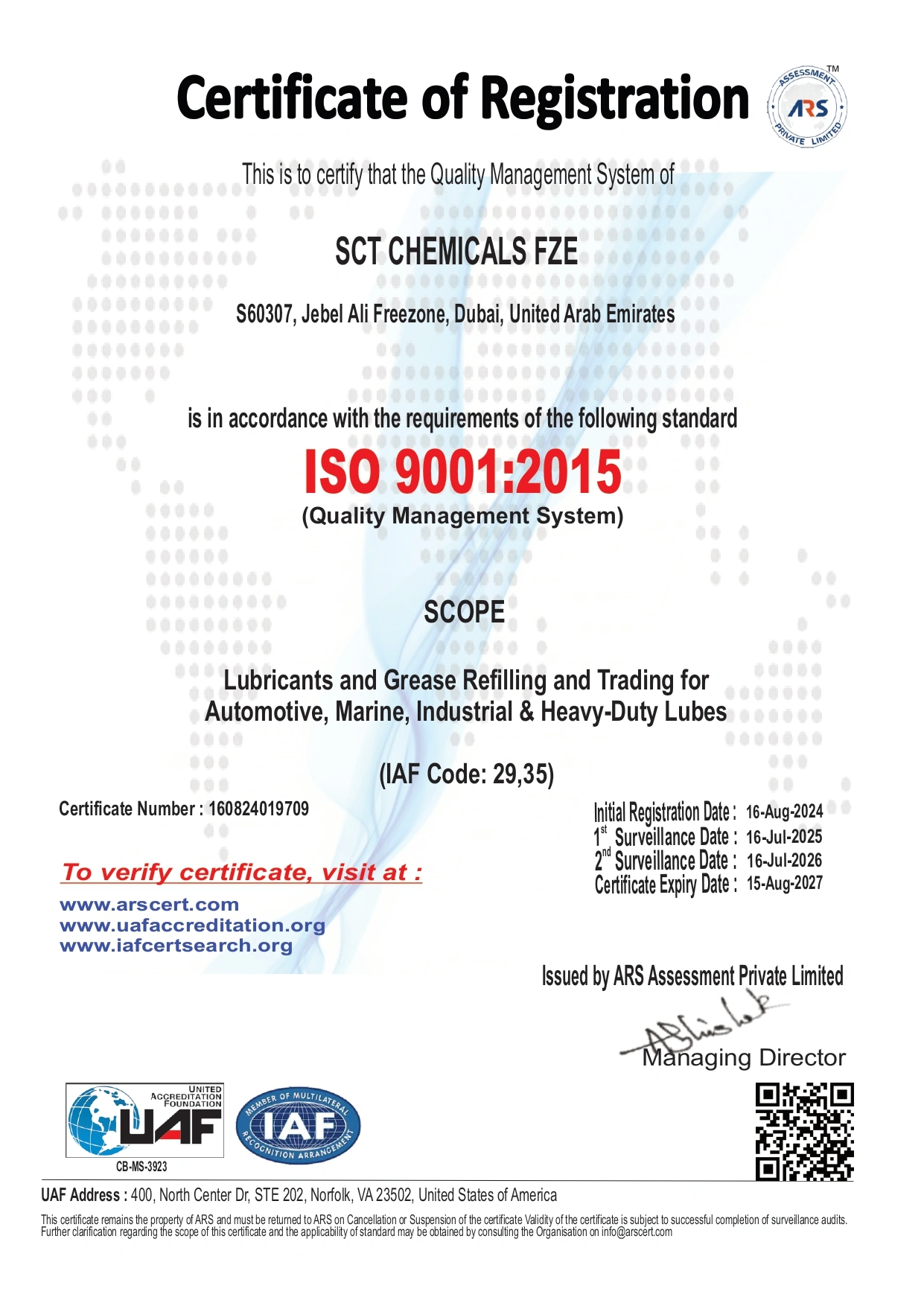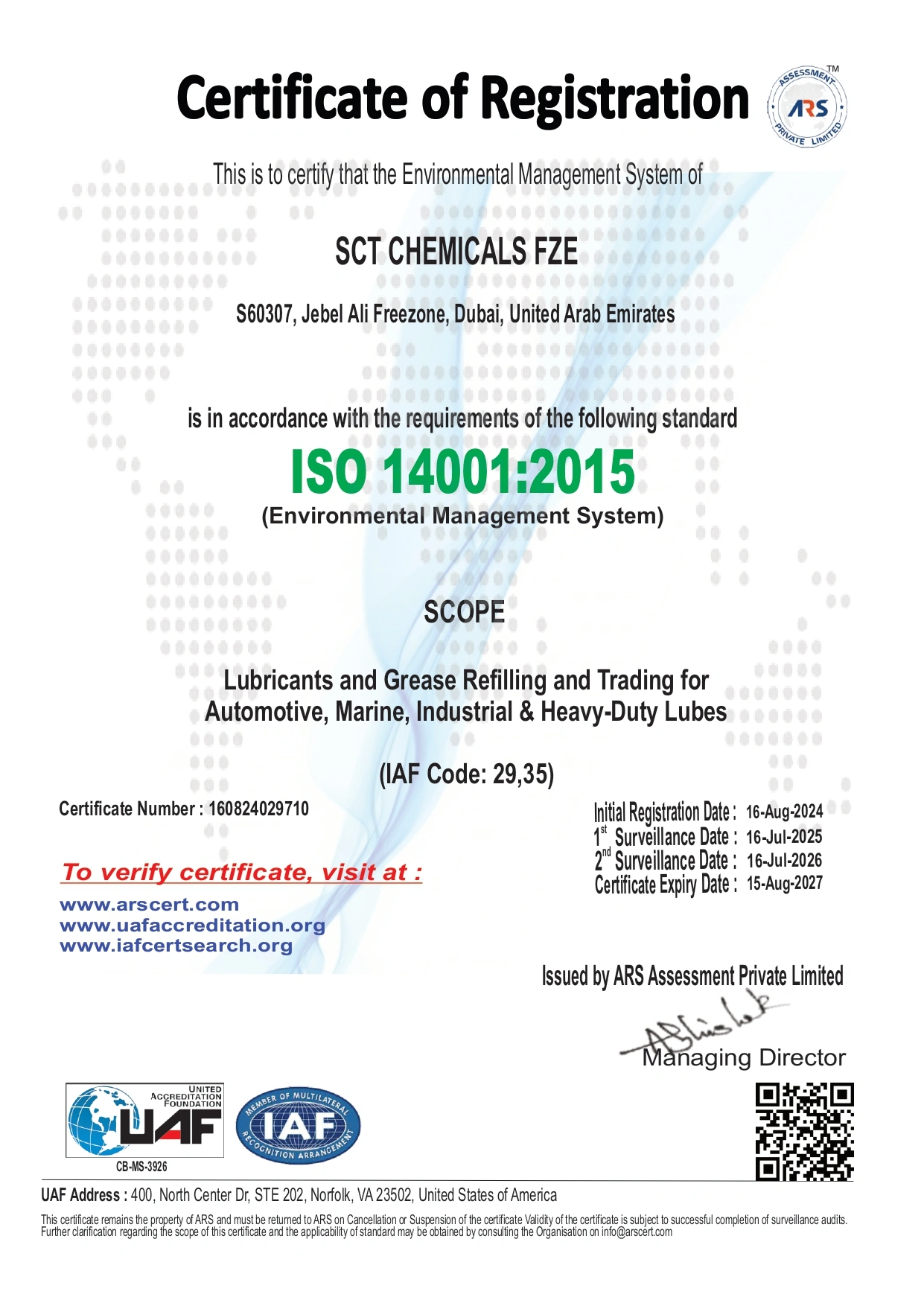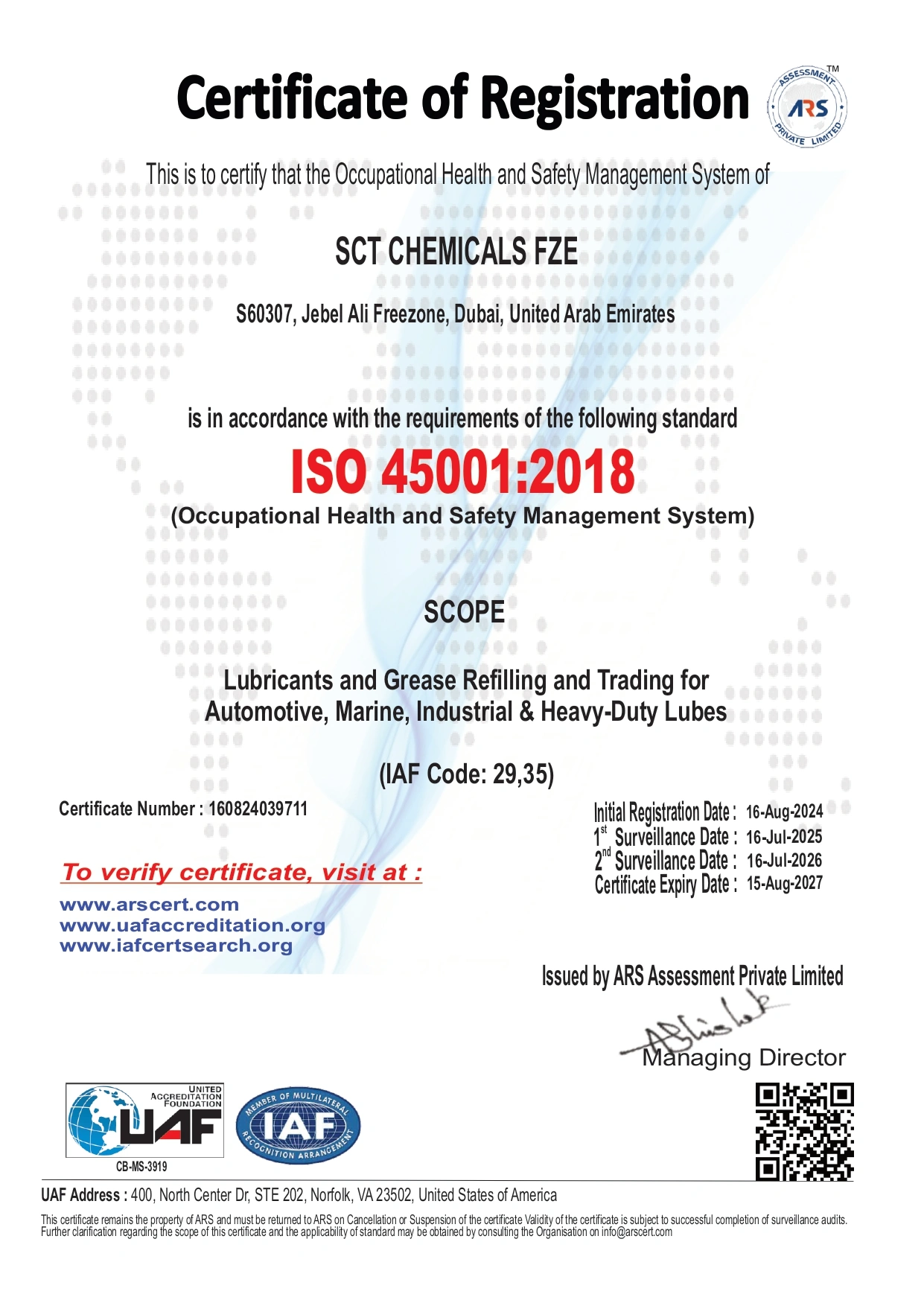Lubricants play a crucial role in reducing friction, preventing wear, and enhancing machinery efficiency. However, the real magic lies in additive packages—specialized chemical blends that improve base oil performance. But what exactly goes into these formulations? In this guide, we’ll break down the chemistry behind additive packages, their key components, and their industrial benefits.
What Are Additive Packages?
Additive packages are carefully engineered mixtures of chemical compounds designed to enhance lubricant properties. These formulations are added to base oils to improve performance under extreme conditions, such as high temperatures, heavy loads, and corrosive environments.
Why Are Additive Packages Essential?
- Reduce friction & wear
- Prevent oxidation & sludge formation
- Enhance thermal stability
- Neutralize acidic byproducts
Without these additives, lubricants would degrade quickly, leading to equipment failure.
Key Components of Lubricant Additive Packages
1. Anti-Wear Agents (AW Additives)
Anti-wear additives form a protective layer on metal surfaces, reducing friction and preventing damage. Common examples include:
- Zinc Dialkyldithiophosphate (ZDDP)
- Molybdenum disulfide (MoS₂)
2. Detergents & Dispersants
These additives keep engines clean by preventing sludge and deposits.
- Calcium sulfonates (detergents)
- Polyisobutylene succinimide (dispersants)
3. Viscosity Index Improvers (VIIs)
VIIs help maintain oil viscosity across temperature ranges, ensuring smooth operation in both cold and hot conditions.
4. Antioxidants
Oxidation leads to oil breakdown. Antioxidants like phenolic and amine compounds slow this process, extending lubricant life.
5. Corrosion Inhibitors
These additives protect metal surfaces from rust and corrosion caused by moisture and acidic byproducts.
6. Friction Modifiers
Used in engine oils, friction modifiers reduce energy loss and improve fuel efficiency.
7. Extreme Pressure (EP) Additives
EP additives, such as sulfur and phosphorus compounds, prevent metal-to-metal contact under high-pressure conditions.
How Additive Packages Enhance Lubricant Performance
The right additive package can transform a basic lubricant into a high-performance fluid. Here’s how:
✔ Improved Thermal Stability
Prevents oil breakdown at high temperatures.
✔ Extended Oil Life
Reduces oxidation and contamination buildup.
✔ Better Wear Protection
Forms a protective film on critical engine parts.
✔ Enhanced Fuel Efficiency
Reduces friction, lowering energy consumption.
Industrial Applications of Additive Packages
Different industries require specialized additive packages for optimal performance:
Automotive Industry
- Engine oils with ZDDP for wear protection
- Transmission fluids with friction modifiers
Heavy Machinery & Manufacturing
- Hydraulic fluids with anti-wear and anti-foam agents
- Gear oils with extreme pressure additives
Marine & Aerospace
- Corrosion-resistant lubricants for harsh environments
Choosing the Right Additive Package
Selecting the best additive package depends on:
- Operating conditions (temperature, pressure)
- Equipment type (engines, gears, hydraulics)
- Regulatory requirements (eco-friendly formulations)
For expert advice on lubricant additive packages, contact SCT Chemicals today!
Conclusion
Additive packages are the backbone of high-performance lubricants, ensuring machinery runs smoothly and efficiently. By understanding their composition and benefits, industries can optimize equipment lifespan and reduce maintenance costs.
For premium-quality lubricant additives, explore SCT Chemicals’ product range.



